Energy-bereft world in darkness
Sanctions against Russian energy, high cost fuel, heat waves and droughts all at once have raised the price of daily energy use to unprecedented levels and plunged large parts of the world into darkness.
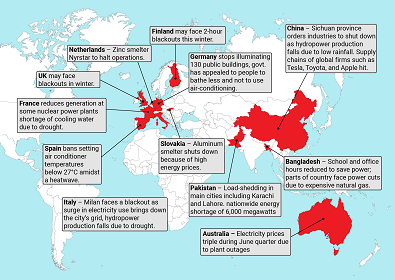 Courtesy: Getty Images
Courtesy: Getty Images
Sanctions against Russian energy, high cost fuel, heat waves and droughts all at once have raised the price of daily energy use to unprecedented levels and plunged large parts of the world into darkness.
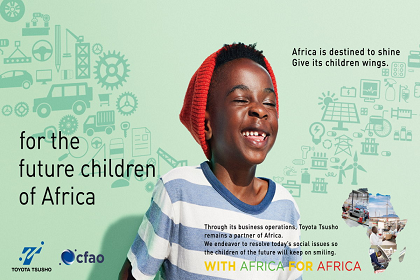 Courtesy: Toyota Tsusho Corporation
Courtesy: Toyota Tsusho Corporation
The Japan-Africa partnership continues to be emphasised. The goal is to build human capital, sustainable and high-quality growth and the security and stability of the global order in which government, business, and civil society leaders participate on an equal basis. It is an opportunity for Indian companies to work together in Africa, to achieve bilateral goals.
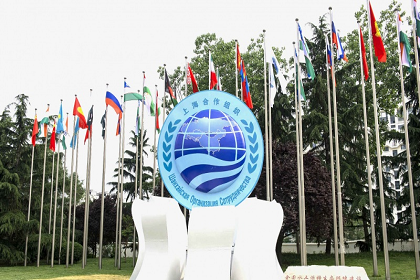 Courtesy: Iran Press News Agency
Courtesy: Iran Press News Agency
The relevance of the Shanghai Cooperation Organisation has increased due to the clear divisions developing in the world, since the Ukraine crisis began. Several leaders will probably attend in-person, a chance to advance their regional and economic interests. India has good relations with most SCO countries, and sees the upcoming Summit as a way to secure its strategic and security objectives.
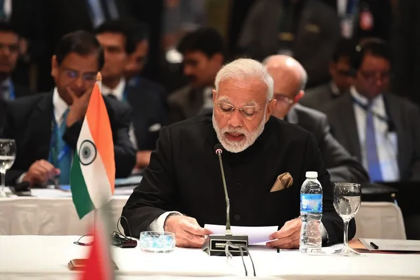 Courtesy: Narendra Modi/Facebook
Courtesy: Narendra Modi/Facebook
India will be president of the G20 in 2023. The world’s most influential economic governance body is facing an existential crisis, where the major powers have fallen out. With geopolitical currents redefining geo-economics, India needs to be ready to emerge as the chief global diplomat.
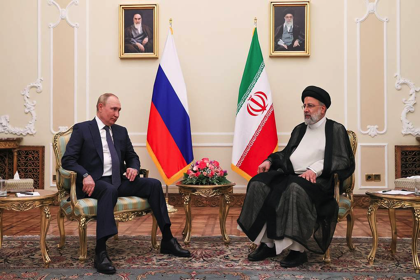 Courtesy: TASS
Courtesy: TASS
Russian President Vladimir Putin’s July visit to Iran was a geopolitical reset for both countries. The collapse of the JCPOA and the Ukraine crisis has strategically united Iran and Russia against their common adversary, the U.S. Russia is now a credible alternative to fill the investment vacuum for Iran’s defence, trade and energy sectors.
 Courtesy: Zabel Joshi
Courtesy: Zabel Joshi
Bombay was once an important Armenian settlement in the 18th and 19th centuries, as the English East India Company was keen to relocate the successful Armenian merchants of Surat to the Company’s new outpost of Bombay. Today, no Armenians from Bombay’s historic community remain, but their church and cemetery survive, the subject of study for Armenian expatriates keen to rediscover their history.
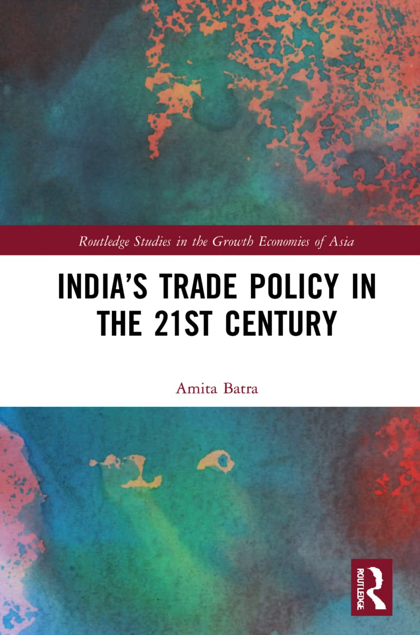 Courtesy: Routledge
Courtesy: Routledge
India is slowly entering new trade frontiers, and there is much to prepare, says economist Amita Batra. Trade policy must look ahead at the ‘WTO plus’ provisions which are beyond tariff-based market access, and services, India’s strength, should be an integral part of any trade deal. For those efforts to succeed, domestic reform is urgently needed.
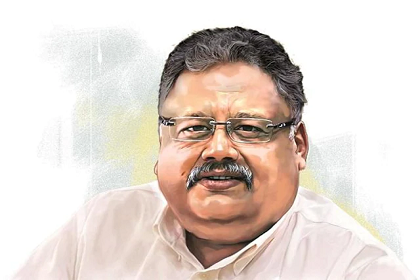 Courtesy: Ajay Mohanty/Economic Times
Courtesy: Ajay Mohanty/Economic Times
Rakesh Jhunjhunwala, ace investor and a founder patron of Gateway House, believed in everything that was “of India, by India, for India.” He invested in home-grown solutions, from credit rating agencies to manufacturing companies to independent intellectual institutions to healthcare. He will be missed.
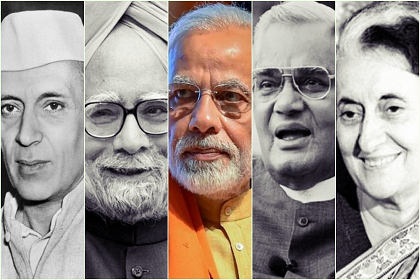 Courtesy: Wikimedia/PTI
Courtesy: Wikimedia/PTI
India is a young country and an old civilization. It began its new life 75 years ago with enormous equity stemming from its unique freedom struggle. A maturing foreign policy now enables it to move smoothly from being the leader of the ‘have-nots’; to being a responsible member of the group that manages world affairs.
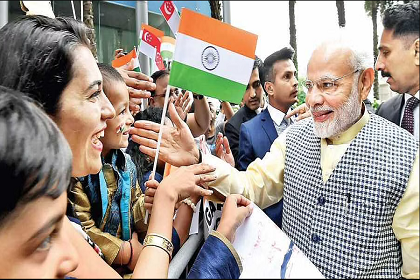 Courtesy: PTI
Courtesy: PTI
The return of the pravasi Mahatma Gandhi on 9 January 1915 to India from South Africa, marked a turning point in India’s freedom struggle. The contribution of such overseas Indians was significant. Often, they had a galvanizing effect on existing movements within India. On this 75th anniversary of independence, the sacrifices of these pravasis remind Indians of a shared history and ties with their overseas kin.